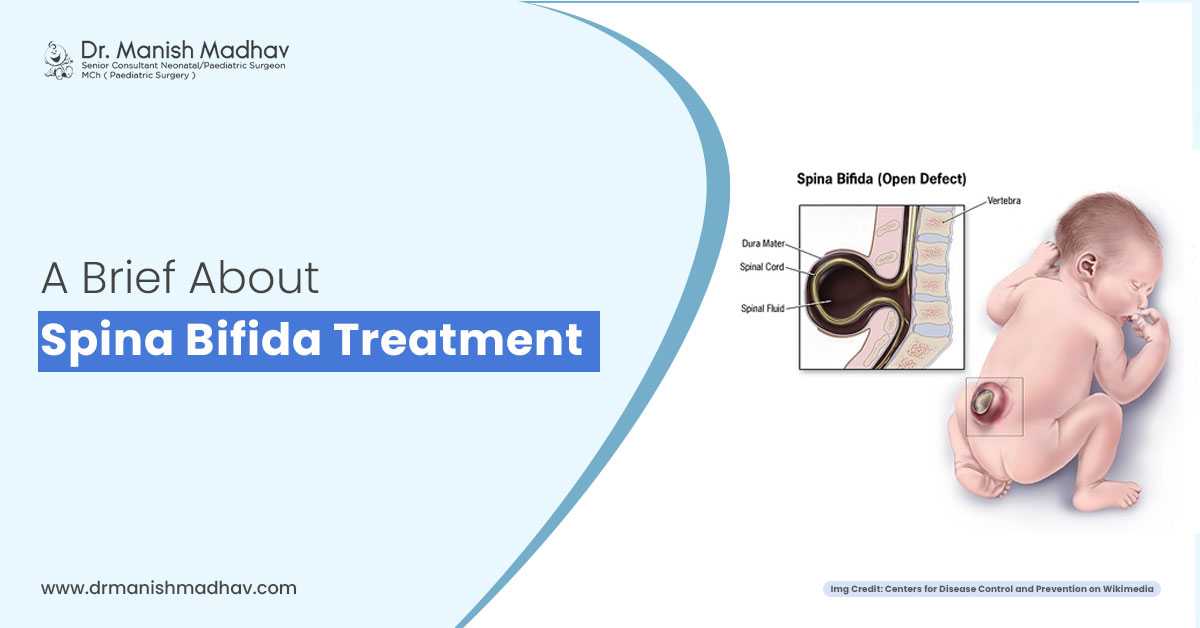Spina bifida, a congenital neural tube defect and also is a condition that affects your child’s spinal cord and surrounding tissues, leading to various impairments and disabilities. However, advancements in medical science have brought about effective spina bifida treatment for managing this condition. Early detection and proper care can ensure your child for a better quality of life.
Understanding Spina Bifida
Spina bifida occurs during early pregnancy when the neural tube fails to close completely, resulting in an opening in either the spine or the skull.
This neural tube defects cause damage to the spinal cord and nerves, leading to a range of physical and neurological impairments.
The severity of spina bifida can vary significantly, ranging from mild cases with minimal or no symptoms to more severe forms resulting in significant disabilities.
The Importance Of Early Intervention
Early diagnosis and prompt initiation of treatment are critical in managing spina bifida effectively. Prenatal screening techniques, like ultrasounds and blood tests, can help detect the condition in the early stages, allowing families to plan for appropriate care and interventions.
Early intervention programs aim to address the physical, neurological, and developmental challenges associated with spina bifida, optimizing the child's potential for growth and development.
Surgical Intervention
In cases where the spinal defect is visible during pregnancy or at birth, surgical repair is often necessary to protect the exposed spinal cord. Surgeons typically perform this procedure within the first few days or weeks of life to prevent further damage. By closing the spinal opening, the risk of infection and further injury is reduced significantly.
Ongoing Treatment
Spina bifida treatment in Siliguriinvolves multidisciplinary care, including physical therapy, occupational therapy, and educational support. These interventions aim to enhance mobility, muscle strength, and overall physical function.
Additionally, assistive devices like wheelchairs, braces, and orthotics may be prescribed to improve mobility and independence. Treatment also encompasses managing associated complications, such as conditions affecting the bladder and bowel, orthopedic issues, and neural tube defects.
Regular check-ups, medication, and the expertise of a specialized doctor play a critical role to erase the condition of spina bifida in your child’s life.
Psychological Support
Beyond the physical challenges, individuals with spina bifida and their families may also face emotional and psychological hurdles. Access to counseling and support groups is crucial for addressing the psychosocial aspects of living with spina bifida.
Educating patients, families, and caregivers about the condition and the available resources can help alleviate anxiety and foster mental well-being. Spina bifida treatment is indispensable for individuals born with this neural tube defect.
Early intervention, timely surgical repair, ongoing management, and psychological support contribute significantly to enhancing the quality of life for those affected by spina bifida. By providing comprehensive care and support, children living with spina bifida can overcome this condition.




